
Google is bringing virtual desktops to Chrome OS
Chromebooks have fared far better than many people would have first thought when they first appeared on the market, and Google's Chrome OS is going from strength to strength. While not yet ready to topple either Windows or macOS, the operating system continues to gain features that make it increasingly appealing.
One addition that is on the horizon and likely to please many users and potential users alike is virtual desktops. This is something we have heard about before in relation to Chrome OS, but a recent commit to the Chromium Gerrit shows that "virtual desks" are being worked on -- and there's even a video showing off the feature.
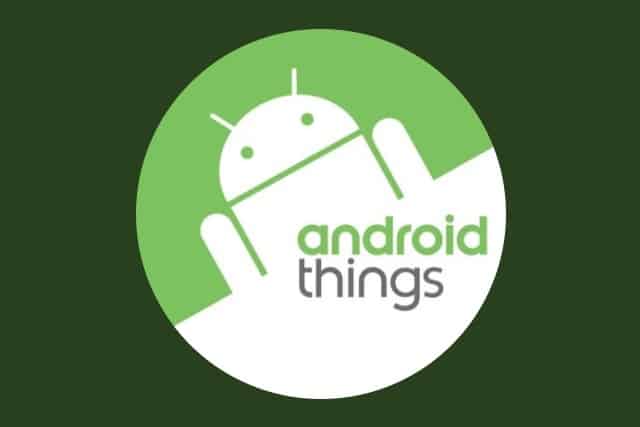
Google pivots Android Things to focus solely on smart speakers and displays
Google has announced that it is dramatically narrowing the focus of Android Things, originally conceived as the company's wide-ranging IoT platform.
Now rather than being an OEM tool that can be used to produce just about anything for the Internet of Things, Android Things will instead be focused on just two product lines: smart speakers and smart displays.
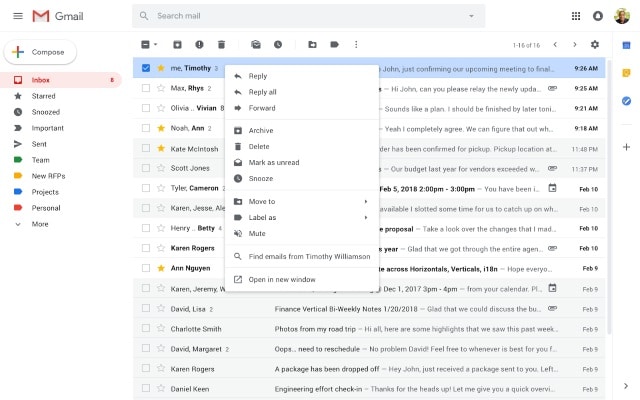
Gmail gets a new right-click menu
It is not news that Gmail has a right-click menu; what is news, however, is the fact that it has been updated so it is now actually useful.
Google has gradually been updating Gmail over the years, and the refreshed context menu provides easy access to more message options. For control freaks, the new menu is a godsend and makes the web-based email tool more like using a desktop email client.

Microsoft continues to beat Google in battle of the enterprise apps
A new survey from identity platform Okta shows that 67 percent of knowledge workers prefer Microsoft Word over Google Docs, while only 15 percent report the opposite.
Another 16 percent identify Google Docs as a top-three most frustrating app. When it comes to email, 49 percent prefer Microsoft Outlook over Gmail, while 35 percent report the opposite.
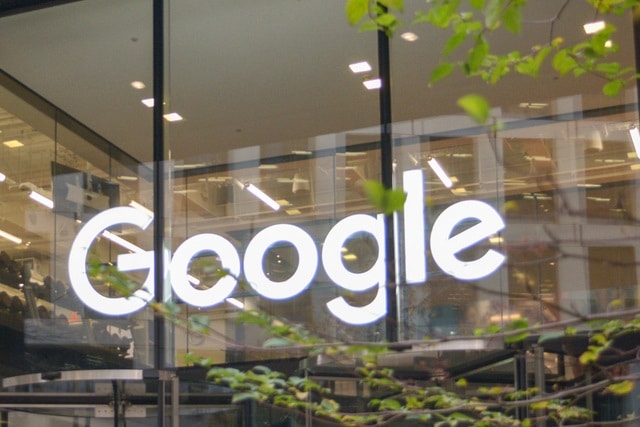
The Notifications Widget for Google Photos, Hangouts Chat and Google+ dies in March
Google+ is nearing the end of the line, and ahead of this Google has announced that its Notifications Widget is also to be killed off.
The widget -- which appears in the upper right-hand corner of various Google products including Gmail -- lets users know when there are notifications for various services such as Google Photos, Hangouts Chat and Google+. But when March rolls around, you'll have to rely on alerts for individual services instead.
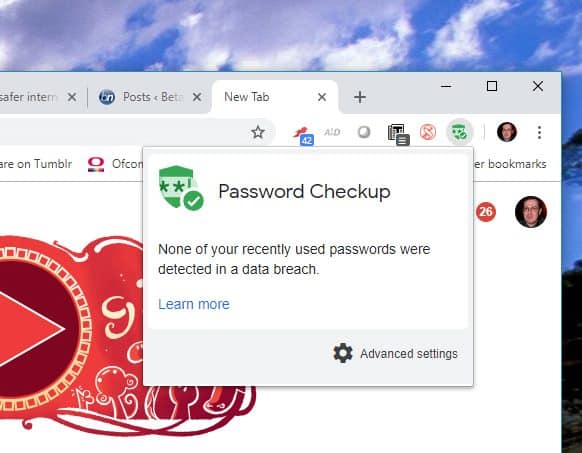
Google launches new tools to help protect your accounts
To coincide with Safer Internet Day, search giant Google is launching two new tools to help users detect if their username and password have been compromised.
Google's own research published today shows that many people still reuse passwords. The new tools are designed to raise awareness of account issues.

Most people believe they're more secure online than they really are
New research commissioned by Google, carried out by Harris Poll and released to coincide with Safer Internet Day suggests there is a gap between perception and reality when it comes to online security.
The majority of people (69 percent) give themselves an A or B when it comes to protecting their online accounts -- only five percent give themselves a D or an F. In fact, most people (59 percent) believe that their accounts are safer from online threats than the average person and 61 percent say they are too smart to fall for a phishing scam.
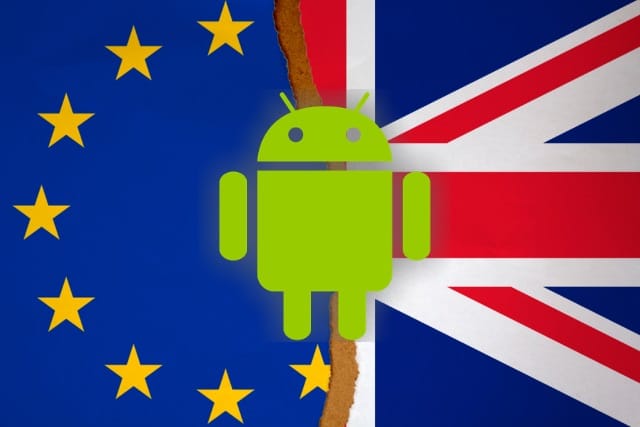
Brexit: criticism mounts against Android-only app to apply for settled status
A number of British and European politicians have written to the UK home secretary, Sajid Javid, to complain about the government's EU Exit mobile app.
The app was created to enable EU citizens to apply for "settled status" in the UK in the wake of the referendum vote that saw the start of the Brexit process. The government stands accused of "digital discrimination" because the app is only available for Android devices -- and only relatively modern ones at that. iPhone users have been left out in the cold, as have those with older Android phones, adding to the stress and concern that already surrounds Brexit.
Google reveals the shutdown date for Google+ and when your data will be deleted
We've known for several weeks now that Google+ is to close down, and Google has even brought forward the shutdown date. Now the company has revealed details of the timeline for the closure.
As of next week -- February 4 specifically -- it will no longer be possible to create a Google+ account, and commenting options will be removed in March. When April rolls around, Google+ will not only close down, but data associated with consumer accounts will start to be deleted.
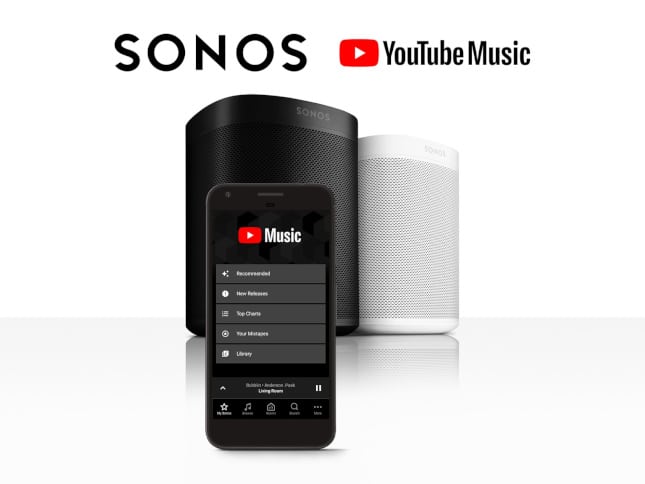
Google brings YouTube Music to Sonos
If you don't have an account with a streaming music service these days, you simply aren't living your life right. Look, I don't care which service you choose -- Spotify, Apple Music, Tidal, or something else -- it is foolish to buy and download songs. If you are still buying CDs, you are probably beyond hope, but I digress. Streaming music is simply the best value in entertainment. For a small monthly fee, you get access to more music than you can possibly listen to in a single lifetime.
YouTube Music is yet another streaming music service, although it is not as popular as, say, Spotify. Google seems intent on growing this eventual Play Music successor, and today, the company announces a huge new feature -- Sonos support. Yes, if you have both a paid YouTube Music account and a Sonos speaker, you can finally use them with each other.

Leak shows that Android Q will bring native face unlock to more phones
A new Android Q leak suggests that Google is ready to copy another of the features iOS users have come to know and love: facial unlock.
There are already a number of Android handsets -- including recent phones from OnePlus -- which have their own implementation of the biometric security feature, but with Android Q, it is looking as though the feature will be hard-baked into the operating system.

Take this quiz to see if you can spot a phishing scam
If you're anything like me, you probably inwardly roll your eyes -- or laugh outright -- when you hear of someone falling for a phishing scam. Surely you'd have to be a certified idiot to be taken in by one of these, right?
You may have avoided falling victim up until now, but maybe that's been more through luck than good judgement. Or perhaps you really do think you could spot a phishing scam at a hundred paces. If you think you're up to it, why not put yourself to the test and take Google's phishing quiz?

How to export your saved passwords from Google Chrome
From social media sites to online stores, from forum accounts to financial institutions -- there are now so many websites that require the use of a username and password, it's little wonder than so many of us turn to some form of password manager to save them.
If you use Google's Chrome browser, you have almost certainly saved numerous passwords so you don't have to manually enter them every time they are requested. You may have wondered how to export these passwords for the purposes of backing them up, or to import into another password manager. Here, we show you how.
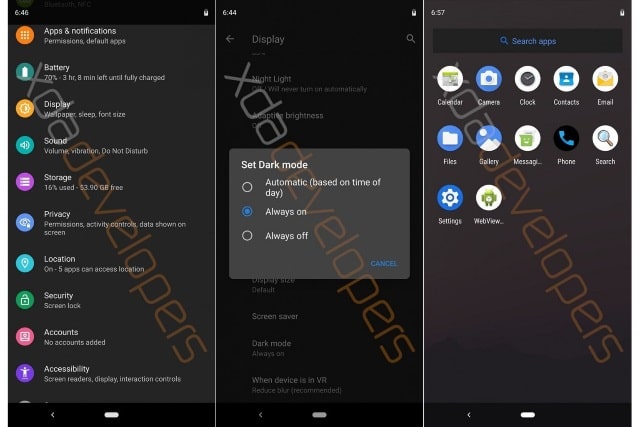
Android Q leak shows dark mode, improved privacy and intriguing Desktop Mode
The inclusion of a system-wide dark mode in Android Q is something that has been rumored for a little while now, and a new leak of the next version of Google's mobile operating system seems to confirm this.
A leaked build of Android Q not only features a customizable dark mode option, but it also shows that Google has tightened up permissions to help improve privacy. There are also exciting references to a Desktop Mode feature which would appear to be similar to Samsung DeX in making it possible to connect a phone to a monitor and use it like a desktop computer.

Google pushes Android devs to move to 64-bit as it timetables new app requirements
While 64-bit software is pretty much the norm on the desktop, the same cannot -- yet -- be said on mobile platforms. There is a steady movement away from 32-bit apps, and Google wants to accelerate things.
The company is encouraging Android developers to concentrate on 64-bit versions of their apps as it sets out its timetable for the end of 32-bit software.
